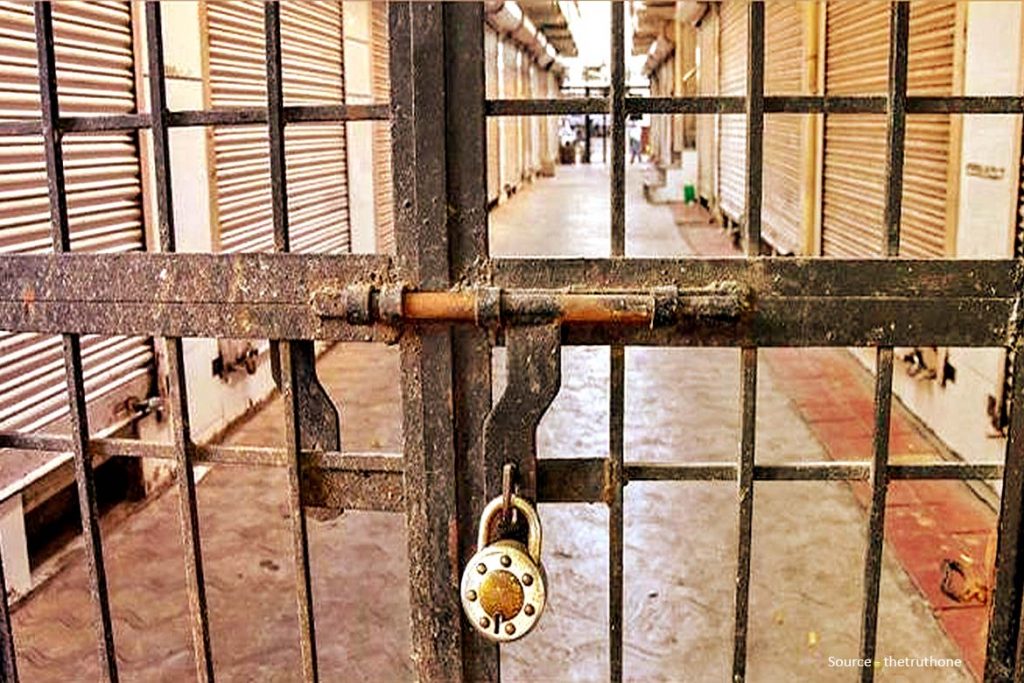For the majority of the population, homes have become the new workplace from last few months, and the resumption of full-fledged office work still appears a remote prospect. Major IT firms are now planning to make their staff working from home permanently. Not only employers but employees are also realising that work from home is not only possible but also preferable in some cases. This situation may lead to a new way of working.
This new working environment could have profound implications for our house life and the life of our towns and cities.
Also Read: New Face of our work spaces in post-Coronavirus World
Does this situation mean empty office spaces?
According to various experts, people will go back to offices but definitely not in the same way as earlier. The office culture will never end as people are much productive when they work in people to people contact environment and to support this fact there is plenty of persuasive research works demonstrating this fact.

Les Back, a professor of sociology says “I do think we are at a tipping point. There’s a reorientation, a re-calibration of the relationship between place and time and a social life that we’re on the cusp of. We may see profound changes. Some things may not come back”.
Some companies like Twitter and Facebook have already announced that they could allow their employees to work from home forever. The CEO of Barclays says “putting 7,000 people in the office might be a thing of the past”. The change, however, will not be uniform for all kind of cities, it will vary according to size and economic activity of that city.
What will be the impact on cities?
When there are more people working from home, it means that there will be more demand for big houses as one may need an extra workspace at home. Also when people will no longer be commuting to the office then they will reside away from main cities as this will cost them lesser. Another change we might see in suburban areas is the emergence of localised desk-sharing like reading rooms, specialised areas where people can go if they are a homeworker, where they can avail better IT services, better facilities or distance from their children. The contrary could apply to bigger cities, which of course raises the question of how the office space could be reused: there are several options, like turning offices into residential spaces, which hasn’t always been done with absolute success.

Impact on the environment
On the first instance, it seems like that while working from home people will commute less, which implies a reduction in carbon emissions. But on the other hand, people will consume more electricity when they spend more time in their homes. A study suggests that this scenario could lead to a situation where people will be consuming 75% more energy than saving by not commuting to the office.

However, after the development of vaccine or drug for COVID-19, this fear of being in-crowd will end and people might return to normal life just like before. offices will reassert themselves and all those things we liked doing in city centres will also reassert themselves. But this long duration lockdown will definitely change the lifestyle of cities in the long term.
